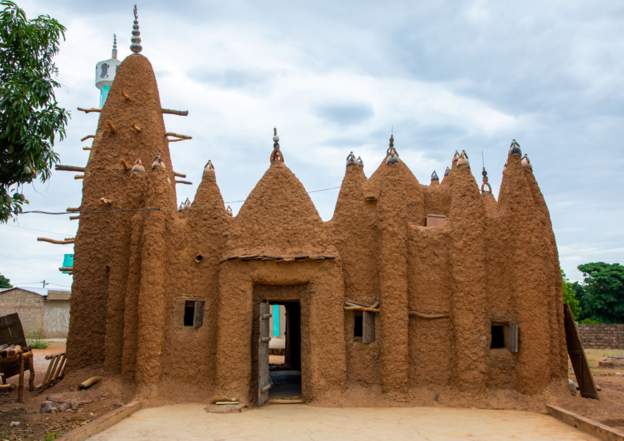Eight mosques in northern Ivory Coast, whose style is believed to have originated in the Mali Empire seven centuries ago, have been granted Unesco World Heritage status.
The buildings are “highly important testimonies to the trans-Saharan trade” that continued to thrive as the region prospered, the UN heritage body says.
The mosques in the towns of Tengréla, Kouto, Sorobango, Samatiguila, M’Bengué, Kong and Kaouara “are the best conserved of 20 such edifices that remain in Ivory Coast, where hundreds existed early last century,” Unesco says.
Their new status means they are considered to have universal cultural value that will grant them extra protection. UNESCO, a UN body, has since 1978 listed and honoured the world’s cultural and natural heritage of “outstanding universal value”.
More than 1,100 sites now adorn the list, from the Taj Mahal to Stonehenge and the Great Barrier Reef. Nearly half of the sites are in Europe and about a quarter are in Asia and the Pacific.
But sub-Saharan Africa is home to just 96 such sites—a miserly 9% of the total—despite accounting for 15% of the world’s population, 18% of its land mass and an immense amount of its heritage and history







